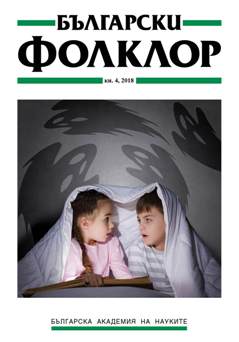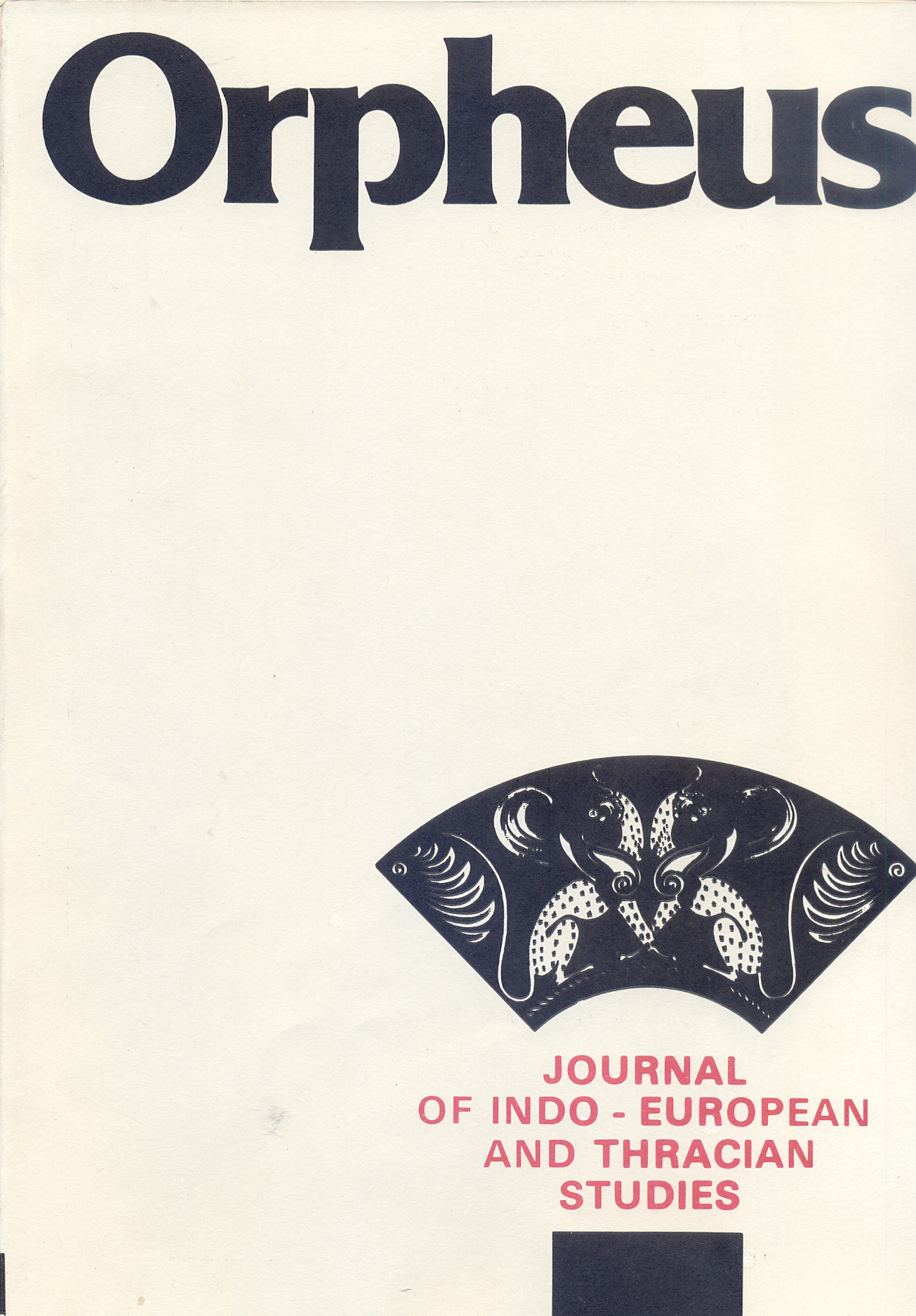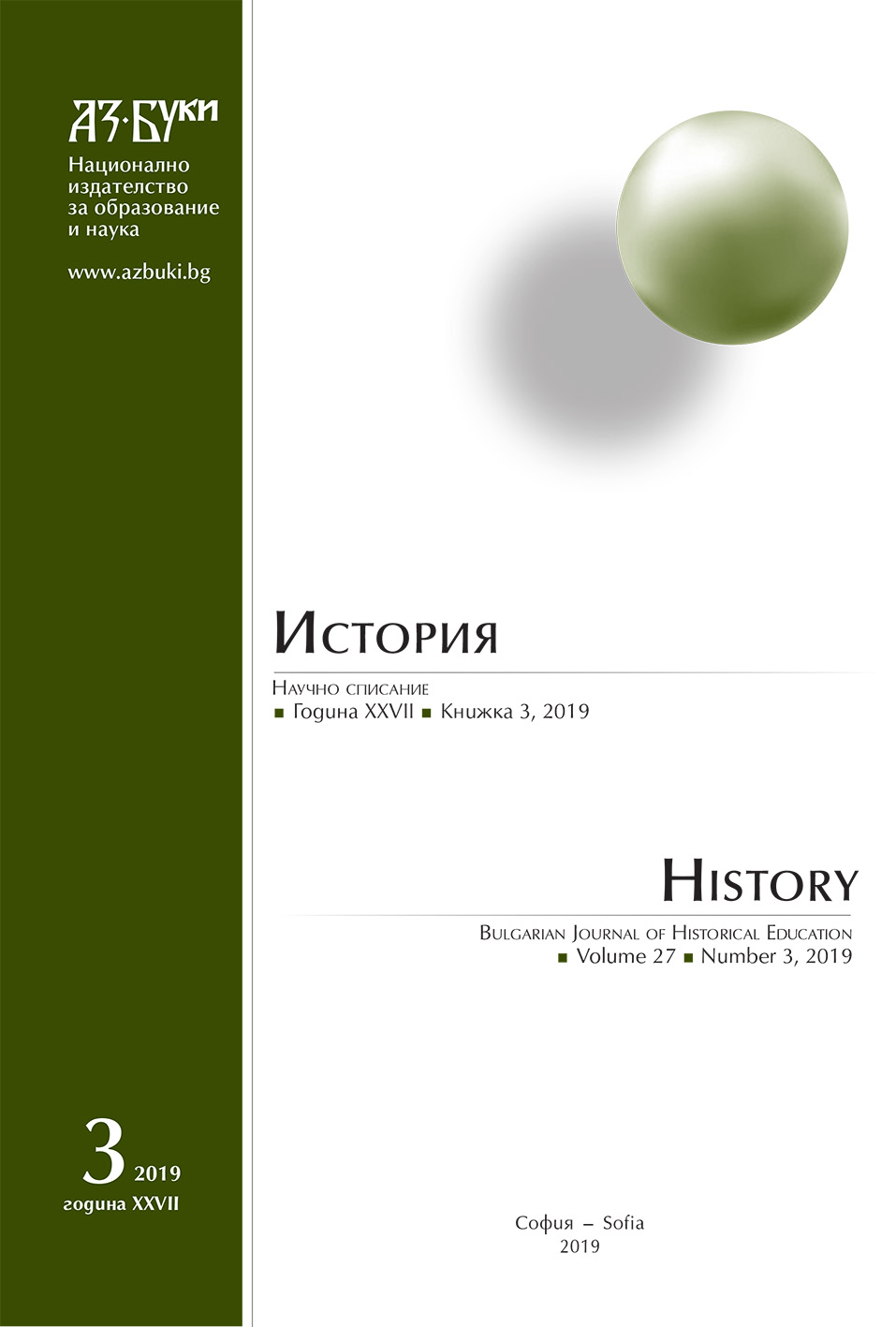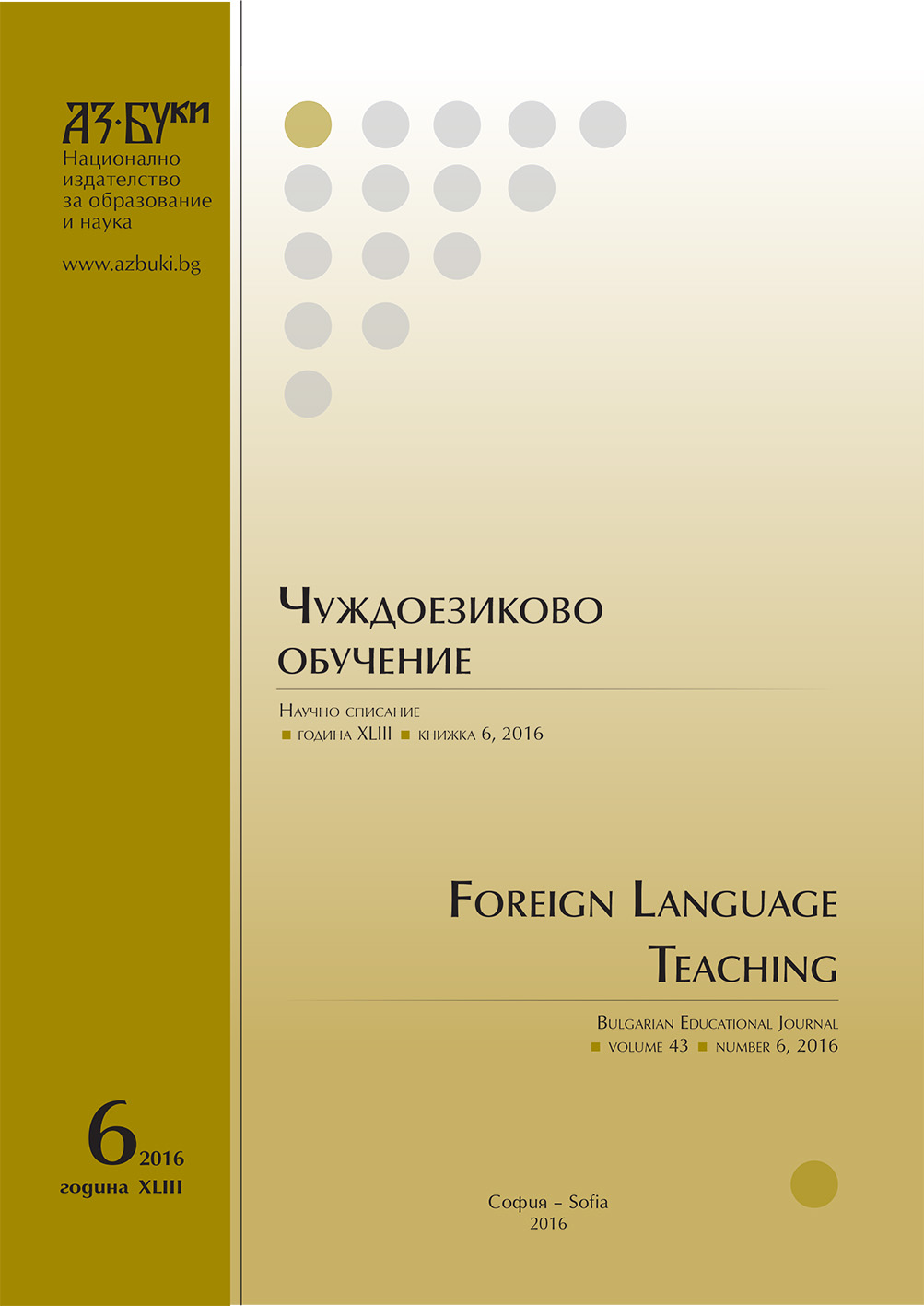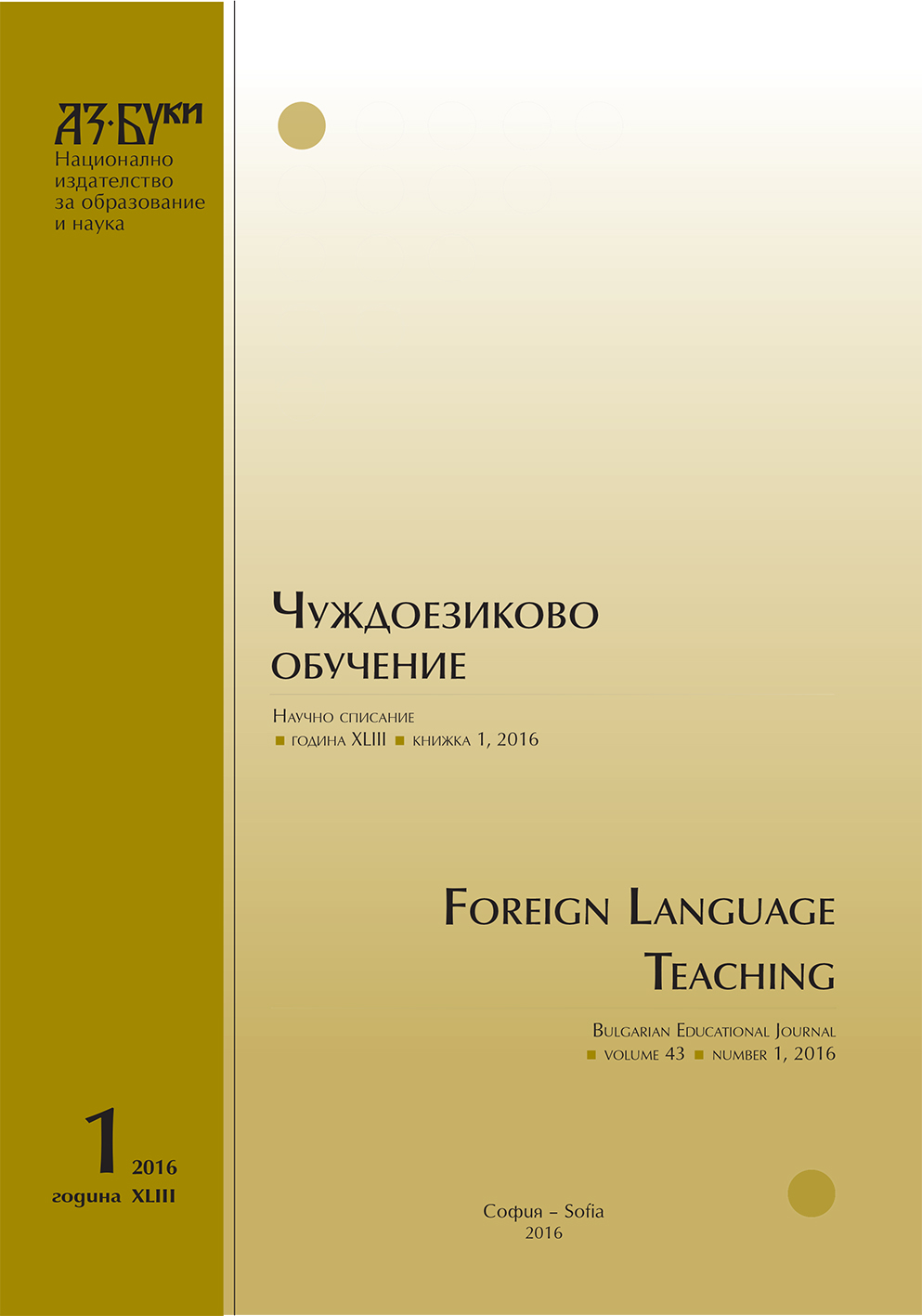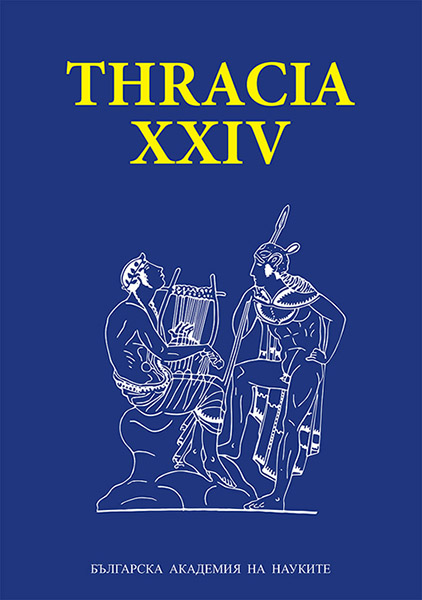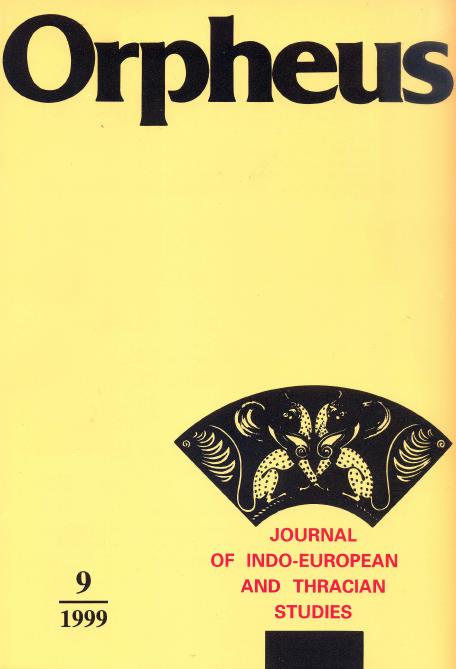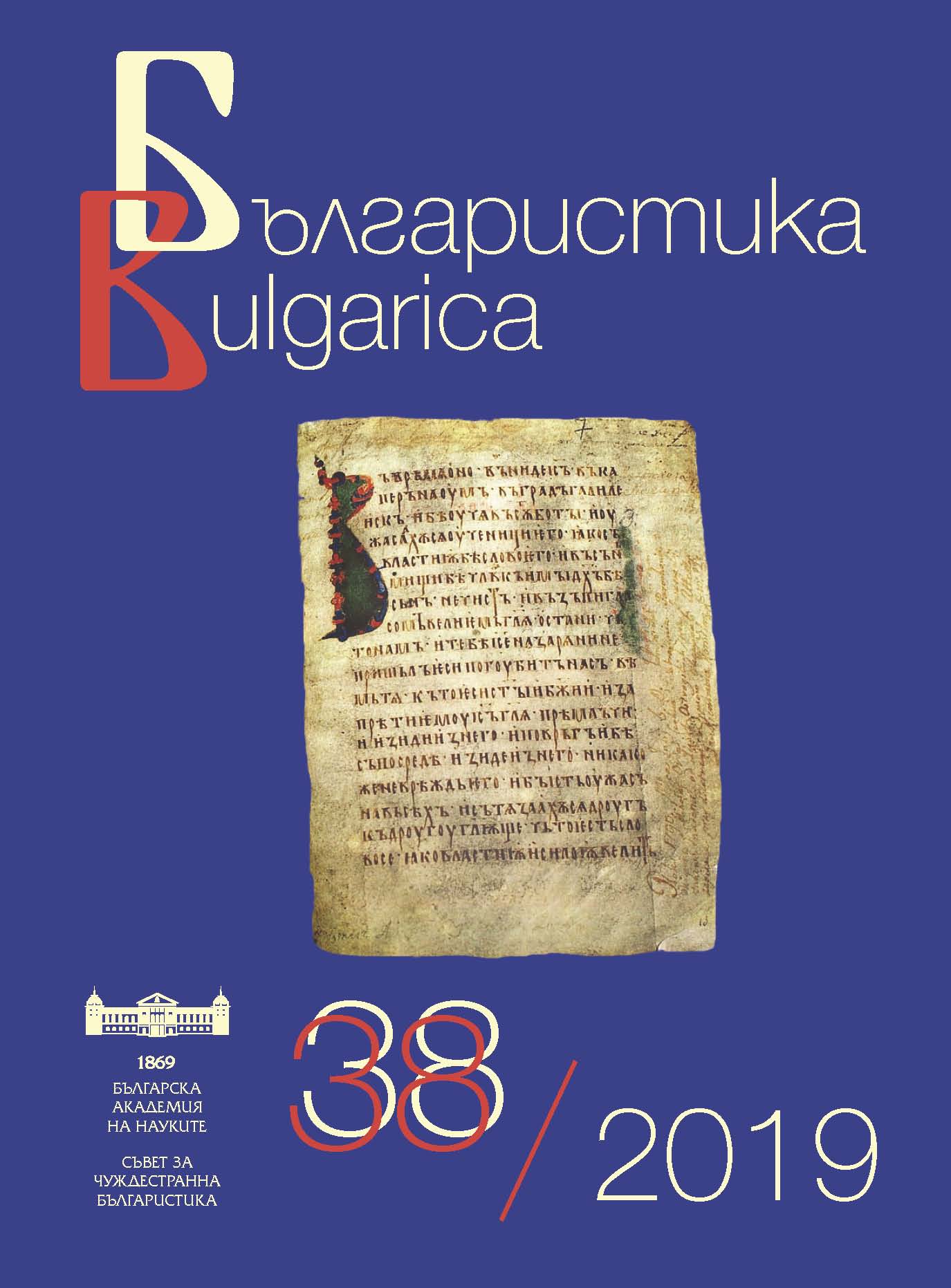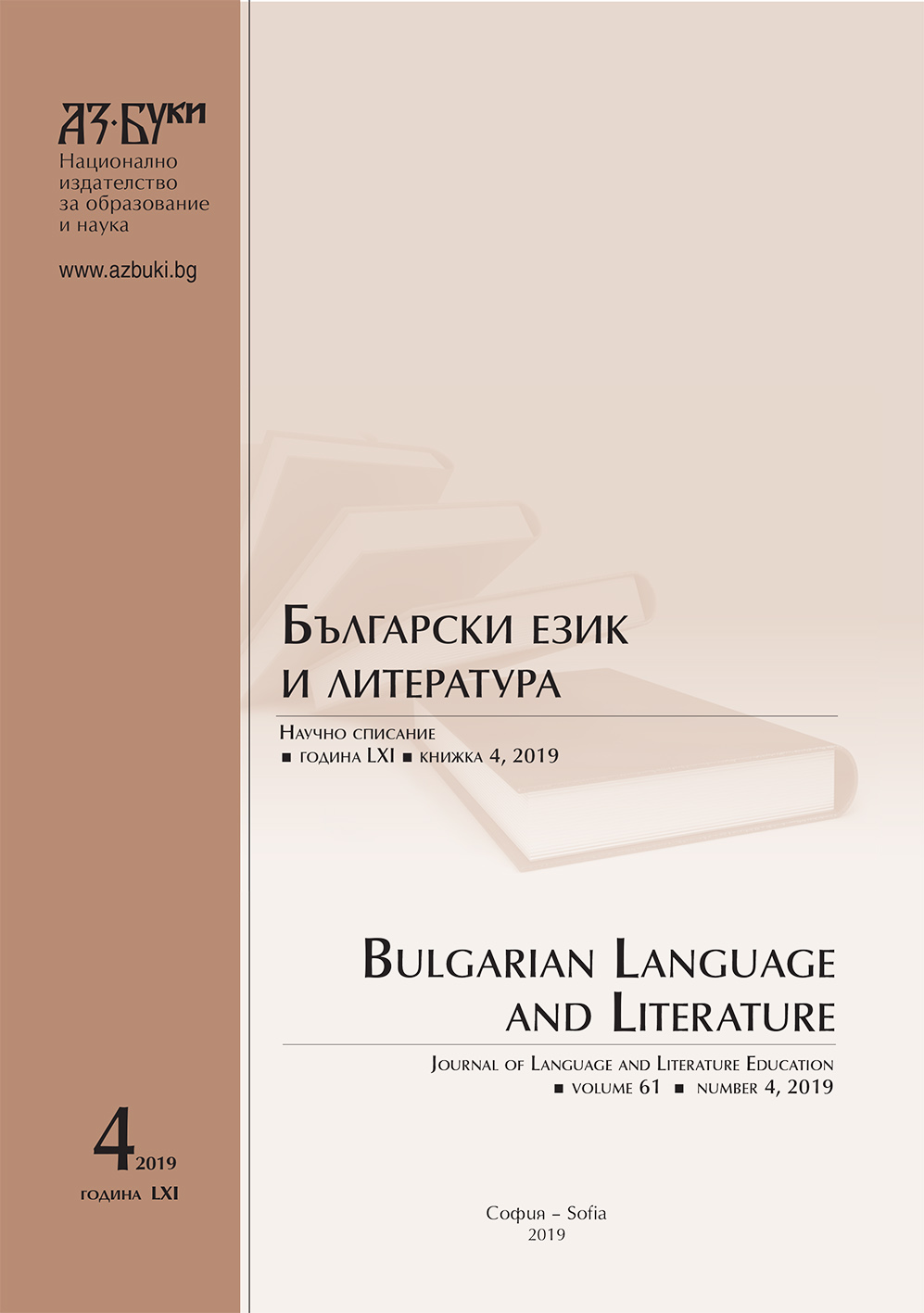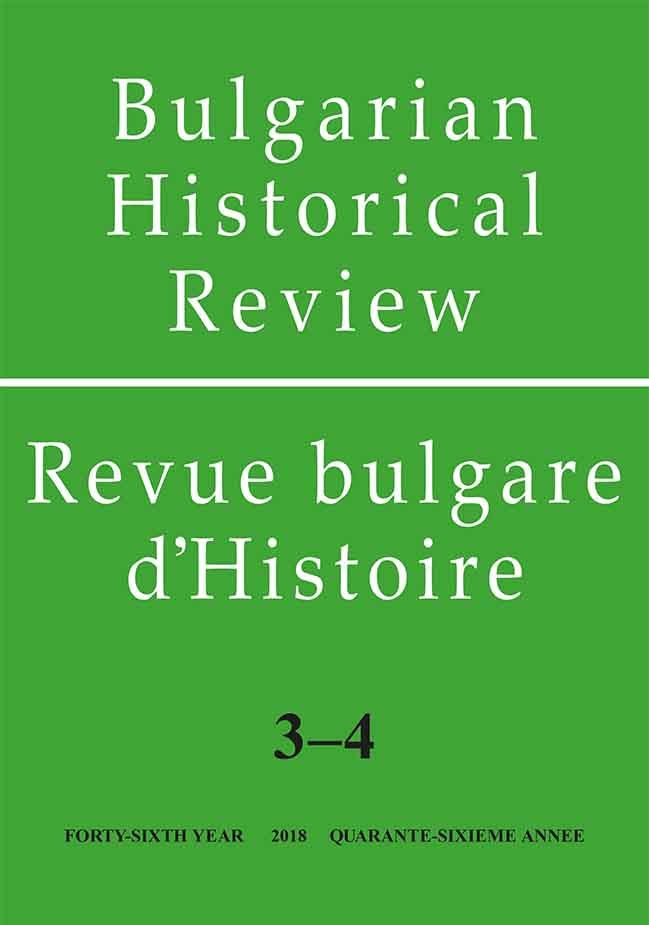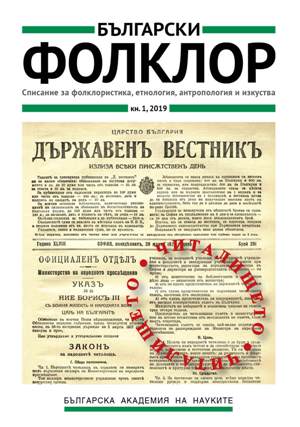Author(s): Valery Stoyanow / Language(s): English
Issue: 3-4/2018
From the marriage of Zeus with Mnemosyne, the nine classical muses came from. Among them, Urania (the muse of astronomy) and Cleo (the patron of history) were in a peculiar relationship at a time when the inspiration played a fundamental role for the intellectual work which was considered an art. The very name of Cleo (the “Glorious”) points to one of the concepts for the mission of history to tell about bygone events and to celebrate someone’s deeds. This makes it a subjective occupation, the results of which depend on the skills of the narrator and his attitude toward the target object, which is why issues, events and personalities receive conflicting assessments. The acts of Cleo and Urania in antiquity were often mixed up, and this creates confusion in clarifying the relationships of individual characters. But the interaction between the two sisters gave birth to the fruit of a knowledge combining the scent of the universal infinity with poetry united in the essence of history. The very name (from the Greek ἱστορία – study, knowledge acquired through research) shows that the main task of a historian in his work is to study and verify the information, and only then comes the narrative, dressed in an appropriate form. Sources are of a various nature, so the individual disciplines involved with their analysis are also numerous. Thus, from the embrace of Urania with Cleo, the fundamental disciplines of history were born without which it could not claim to be a science.
1681 is considered to be the birth date of the auxiliary sciences of history. In this year Jean Mabillion’s profound work set the beginning of scientific diplomatics and palaeography. Subsequently, other works on the two disciplines were published; genealogy, heraldry, sigillography and historical chronology began to establish themselves as separate scientific and practical fields; over time a number of other specific areas in the study of source material occurred which gave rise to new and new special historical sciences. Then the nineteenth century came, which is perhaps the “classical century” of history, when having mastered the critical approach to the past and its sources, seekers of retrospective knowledge attempted to establish the norms in the historical process, and positivism was about to glorify history as a relatively objective science. However, the disappointment in the results, reinforced by the stress accompanying the ruination during the two world wars, contributed to the staggering at the other extreme and overestimation of the subjective moment in the past. Today historical science, as we have known it until recently, still attracts the attention of the general public, but has long since ceased to be a “fortress of high knowledge”. The walls are dilapidated, the princess is abducted, the treasure of the shattered vault is dragged in an unknown direction and laity barbarians are wandering along the narrow labyrinths of the castle, announcing their own “truth” about past times. History has ceded more and more of its territories to science disciplines “sprouted” from it, satisfying itself with the role of a “side dish” and “appetizer” to the main dishes of politology, sociology, culturology, ethnology, anthropology. Still the hope remains that Foucault’s pendulum may swing back and the combination of the “subjectivist” experience with that of the verifiable “exact” sciences may produce a new vision of history not only as a fundamental interpretative science but also as an applicable in practice (experimental) science.
The article undertakes a brief attempt to trace the development and critical reflection of the studies of sources in Bulgaria focusing on the achievements of The Auxiliary Historical Disciplines Department at the Unified Centre of History at the Bulgarian Academy of Sciences, the successor of which is today’s Department of Auxiliary Historical Sciences and Informatics. The author expresses concern about the tendency of uncontrolled “swarming” of the science, the result of narrow specialization, but he also conveys optimism about the achievement of various qualitatively new forms of collaboration between history and “exact sciences” with the help of digital humanities.
More...
